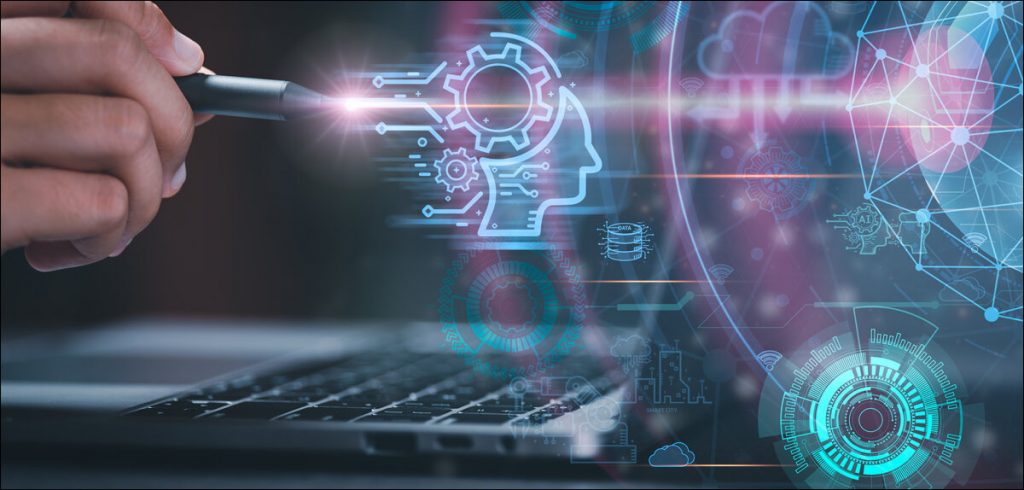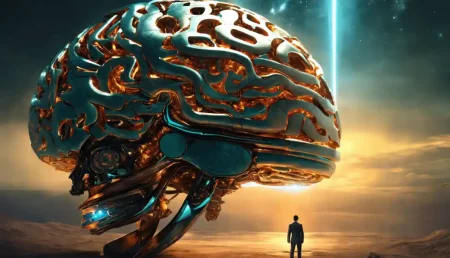Ignorance is not bliss when we talk about AI. Caution is crucial!
AI is reaching the sophistication levels we read and watched in fiction pieces a decade ago. It is becoming more than a transformative development tool, touching every existing industry and every possible use case under the sun.
But the rise of deep fakes, viral videos of AI chatbots interacting with each other, misuse of voice cloning technologies, and—the scariest part—AI evolving to the extent that it goes beyond human control raise the alarm for ethics in AI.
Ignorance is not bliss when we talk about AI. Caution is crucial!
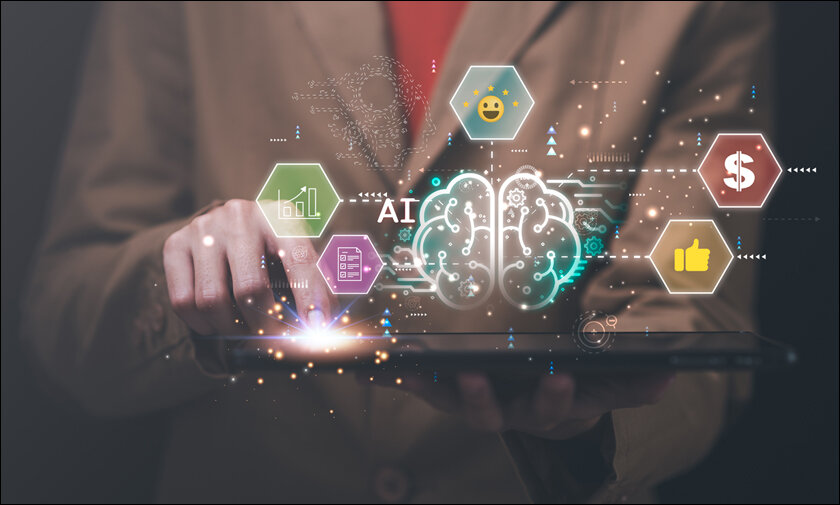
Key Ethical Challenges in AI, and How Can They Be Mitigated?
Bias in AI systems
Artificial intelligence is not biased on its own, but biases can enter its system through training data or algorithms fed by humans, whether consciously or inadvertently. This can result in discriminatory effects, amplifying existing prejudices. Some of the biases in AI are lack of diversity in AI development, algorithmic bias, data bias, and so on.
Bias in AI systems can be mitigated by the following strategies:
- Data Preprocessing
- Algorithmic Transparency and Explainability
- Regular Auditing and Monitoring
- Diverse Development Teams
- Ethical Guidelines and Standards
- User Feedback and Redress Mechanisms
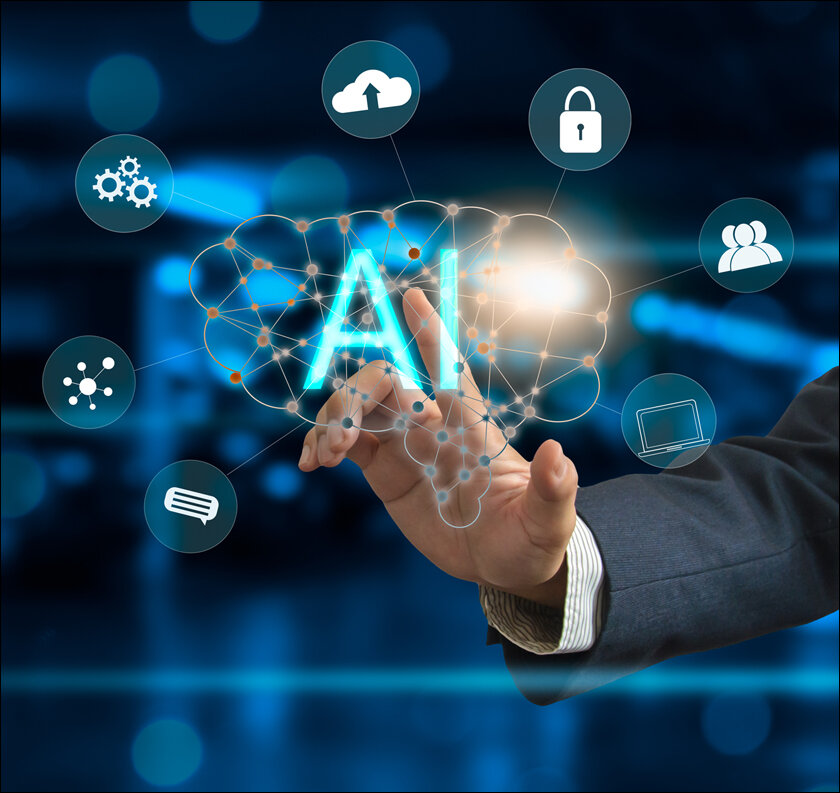
Privacy and Data Security
As AI systems collect and handle massive volumes of personal information, privacy and data protection become critical. To reduce risks and safeguard sensitive data, businesses should be:
- Implementing inviolable data governance
- Adopting privacy by design principles
- Implementing robust security mechanisms
- Performing regular risk assessments
- Ensuring transparency and accountability
- Having prompt procedures to address privacy breaches
- Complying with data protection regulations such as the GDPR and CCPA
- Educating users with best practices of data security
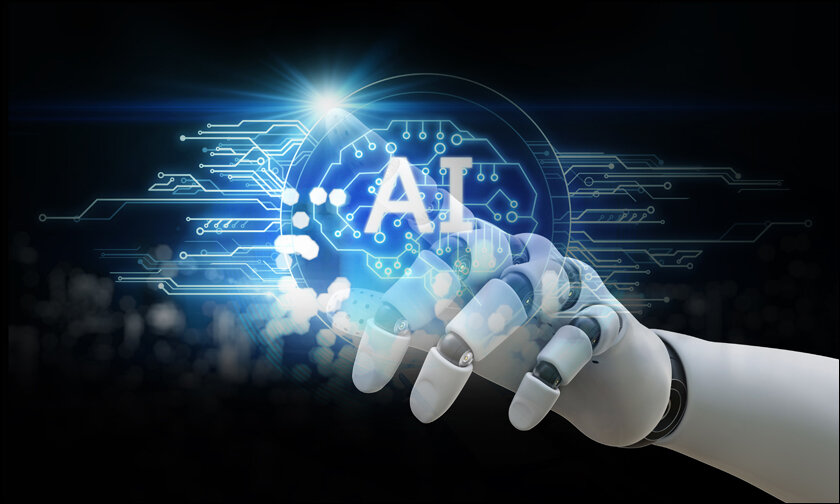
Autonomy and Accountability
Autonomous artificial intelligence aims to perform various tasks with minimum human intervention. Owing to the complexity of such systems, accountability in AI is not solitary but a joint effort of all the entities involved, from development to execution.
To ensure autonomy and responsibility, AI systems should be:
- Incorporating human insights, monitoring, and decision-making into the AI systems
- Adopting ethical frameworks and norms for responsible AI development and application
- Designing AI systems with transparency and explainability in mind
- Assessing AI systems regularly to spot possible hazards and moral dilemmas
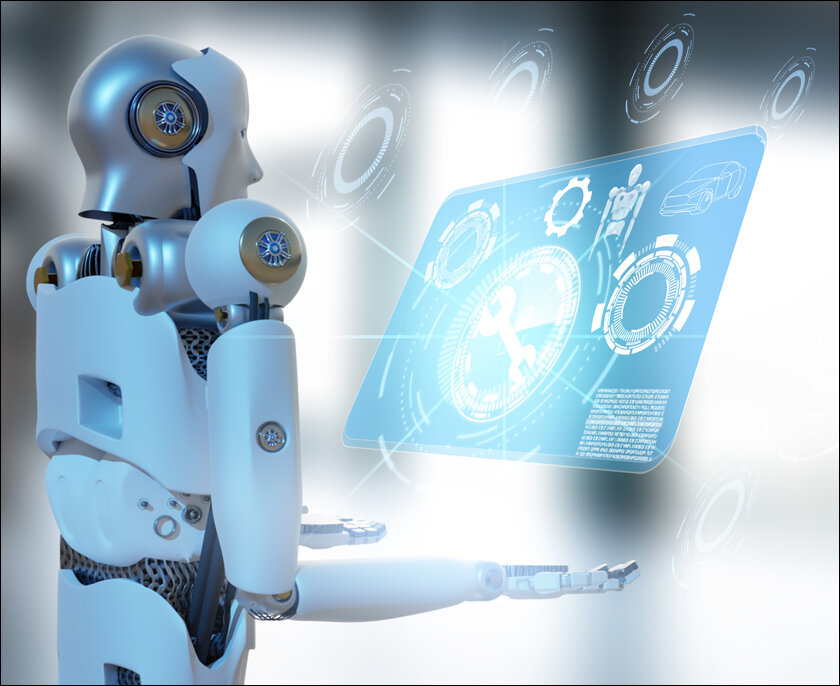
Job Displacement and Economic Impact
Questions remain about AI’s impact on the existing work structures and workforce. On the one hand, it has caused job displacement by automating repetitive and routine tasks while being indispensable for companies to remain globally competitive.
Integrating AI can significantly boost economic development by increasing productivity and output if leveraged carefully.
To counteract unfavorable consequences like job displacement and negative impact on income equality, it is necessary to do the following:
- Upskilling and reskilling the workforce
- Implementing social safety nets for employees at the risk of job displacement
- Ensuring AI algorithms do not perpetuate biases or discrimination
- Creating policy frameworks for responsible AI adoption
- Considering policies like universal basic income or to combat income inequality
- Promoting job creation around AI-driven industries
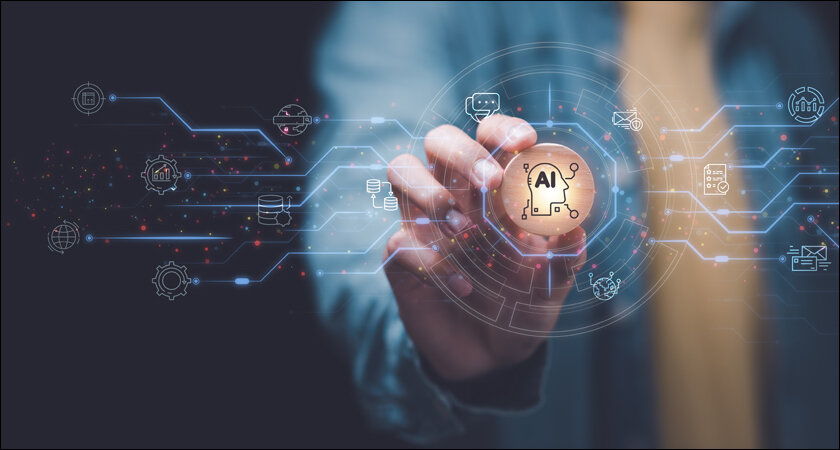
Balancing Innovation and Responsibility
We have reached a point where it’s inevitable that AI will play a central role in all our activities. Businesses and professionals who fail to embrace AI will clearly lose the global competitive race. So, to ensure that we leverage AI as a force to serve humanity, it is crucial to handle ethical concerns revolving around this ever-evolving technology.
It becomes the duty of the players involved-governments, businesses, and research entities-to collaborate for ethical and responsible use of artificial intelligence. By collaborating, we can develop best practices, moral principles, and agreed standards to guide the development and implementation of AI. International cooperation is also required to ensure that the benefits of AI are evenly dispersed around the world.
By prioritizing ethical concerns, our end goal becomes to achieve a balance between technical growth and human well-being.
In case you missed:
- Equipping Businesses with AI: Strategies and Best Practices
- Essential Skills You Need to Thrive in an AI-Driven Workplace
- Supply Chain Attacks: Recognizing and Preventing Risks from Third Parties
- How to Implement Multi-Factor Authentication for Enhanced Security?
- How to Secure Your DevOps Pipelines?
- All about Ransomware
- 7 Sustainable Practices to Reduce IT’s Environmental Impact




